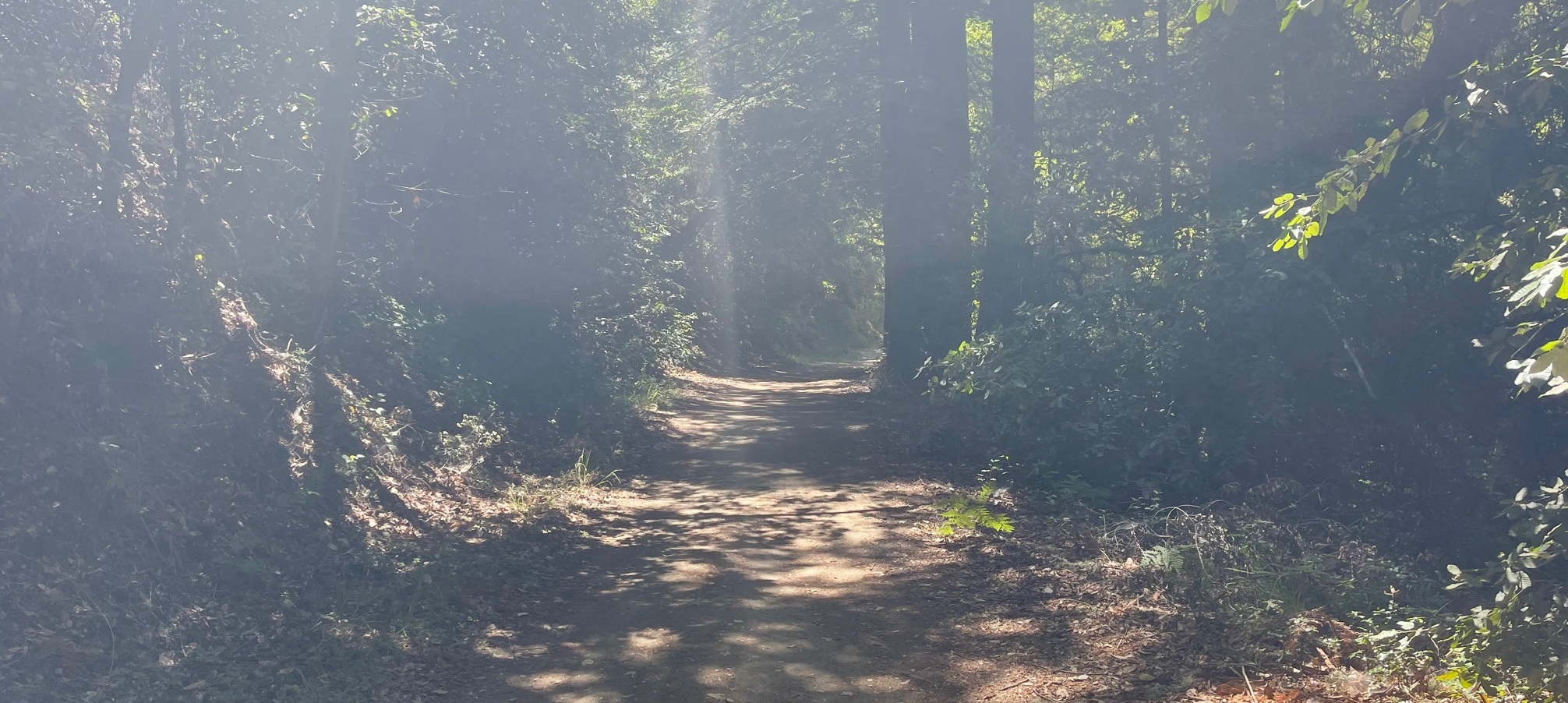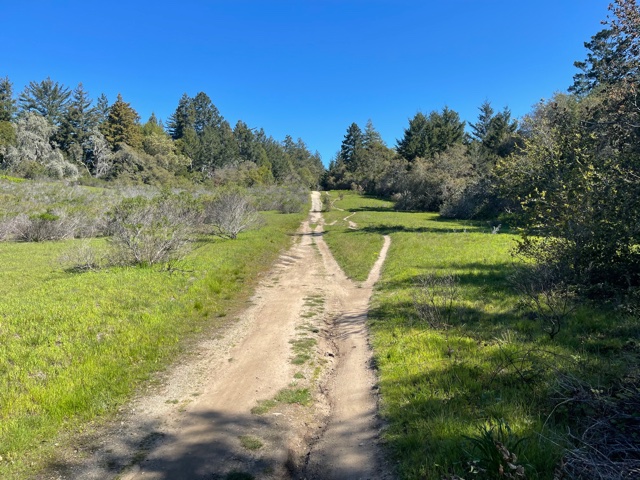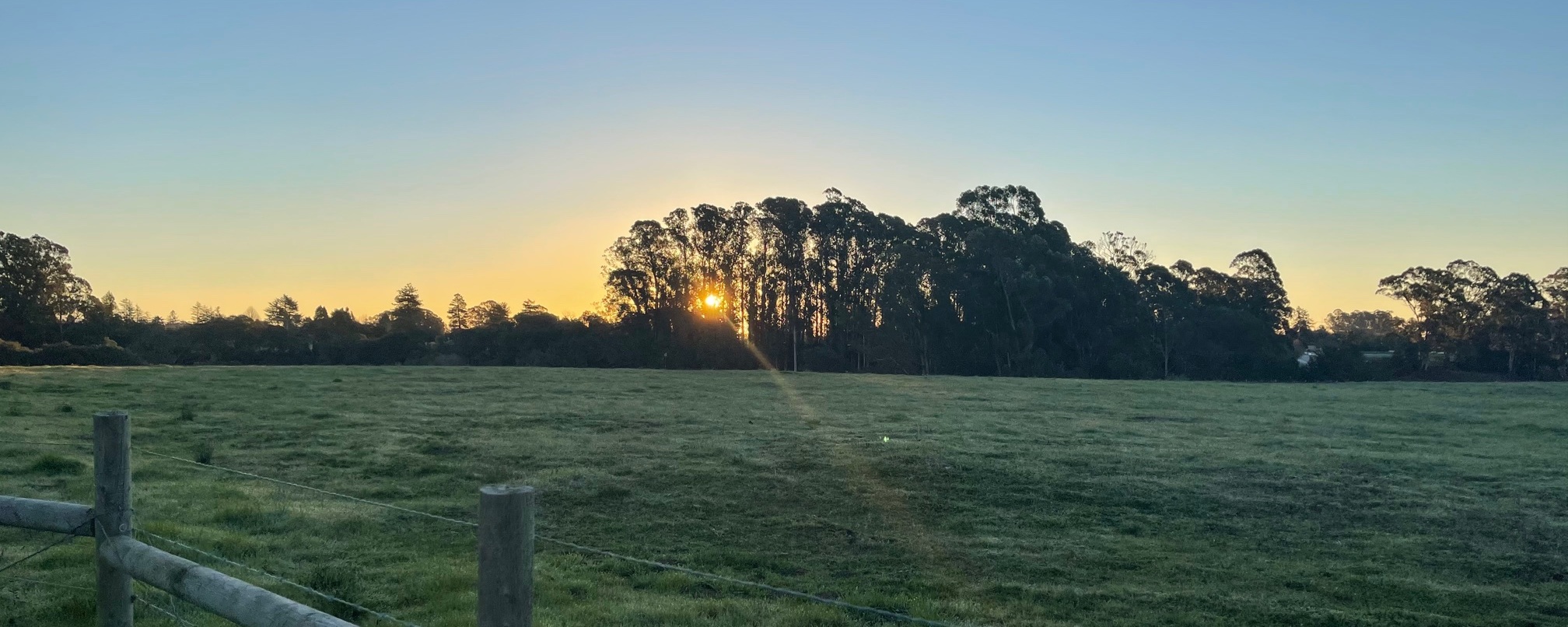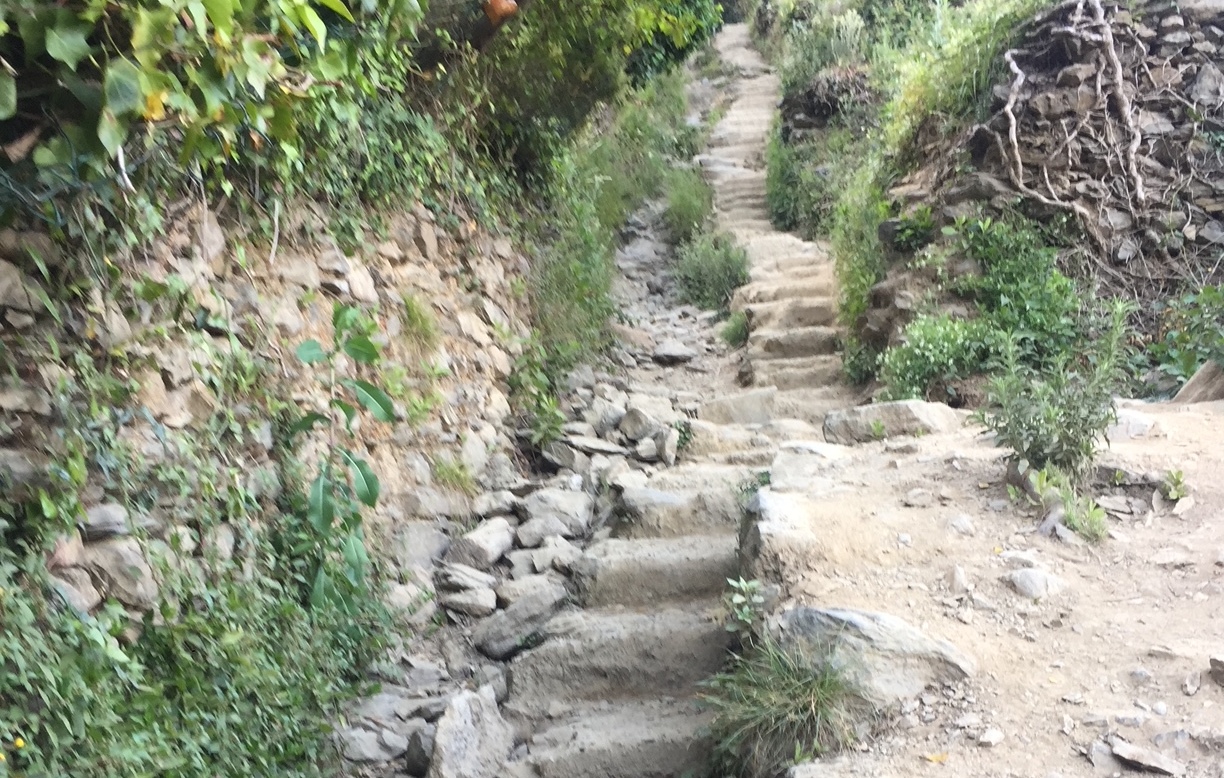
“The word desire suggests that there is something we do not have. If we have everything already, there is nothing left to want. What the Buddha may have tried to tell us is that we have it all, each of us, all the time; therefore, desire is simply unnecessary.” ― Tom Robbins, Jitterbug Perfume
Desire, such a multifaceted, complex, even misunderstood word. The Yoga Sutras 1.22 describes the need for an all-consuming burning desire to attain mastery over the mind as the first, and most essential attribute of a seeker. Behind any accomplishment there is always a force – desire.
Desire has another derivation from the Latin de sidere, which literally means “from the stars.” If you were wishing upon a star, it wasn’t just any star, but specifically Sirius, also known as the “missing star” and the brightest in the night sky.
 Sirius is a binary star, which means it’s actually two stars orbiting in tandem. One is a white dwarf that is slightly more massive than our Sun. A few years ago Europe’s Gaia probe revealed for the first time a stellar cluster that had previously been obscured by Sirius’ bright light. Nearly every culture has a story of Sirius, and all were guided by it in some way and attributed deeply spiritual properties to its movements.
Sirius is a binary star, which means it’s actually two stars orbiting in tandem. One is a white dwarf that is slightly more massive than our Sun. A few years ago Europe’s Gaia probe revealed for the first time a stellar cluster that had previously been obscured by Sirius’ bright light. Nearly every culture has a story of Sirius, and all were guided by it in some way and attributed deeply spiritual properties to its movements.
Ancient Egyptians used Sirius to keep track of time and agriculture, since its return to the sky was linked to the annual flooding of the Nile. In Greek mythology Sirius was the eye of the Canis Major constellation forming the Great Dog that diligently followed Orion, the Hunter. In Chinese astronomy, the star is known as the star of the “celestial wolf” and lies in the Mansion of Jing. And to the Romans, the “dog days” occurred around the day when Sirius appeared to rise just before the sun, in late July, the hottest time of the year and a period that could bring fever, or even catastrophe.
Heat. Two stars. One orbit. Desire.
Contrary, or supplementary to some teachings, desire doesn’t necessarily lead to suffering or make you unhappy (see Samudaya – the second of the Four Noble Truths). As Margaret Doyle wrote, “desire is the brightest star in your constellation, begging you into its orbit because it is your secret self that must be told.”
Desire is what aims us toward the deeper awareness and higher consciousness we so often seek.


 Sirius is a binary star, which means it’s actually two stars orbiting in tandem. One is a white dwarf that is slightly more massive than our Sun. A few years ago Europe’s
Sirius is a binary star, which means it’s actually two stars orbiting in tandem. One is a white dwarf that is slightly more massive than our Sun. A few years ago Europe’s 


 It’s been three weeks since Lulu, our 11-week old puppy, arrived bounding into our lives and home. Experiencing Lulu reminds me of the Sanskrit term, Spanda. Spanda is the primordial vibration of the rhythms of life. It’s the pulse that connects our own personal energies, the sacred tremor of the heart, with the energies of the whole universe.
It’s been three weeks since Lulu, our 11-week old puppy, arrived bounding into our lives and home. Experiencing Lulu reminds me of the Sanskrit term, Spanda. Spanda is the primordial vibration of the rhythms of life. It’s the pulse that connects our own personal energies, the sacred tremor of the heart, with the energies of the whole universe.



